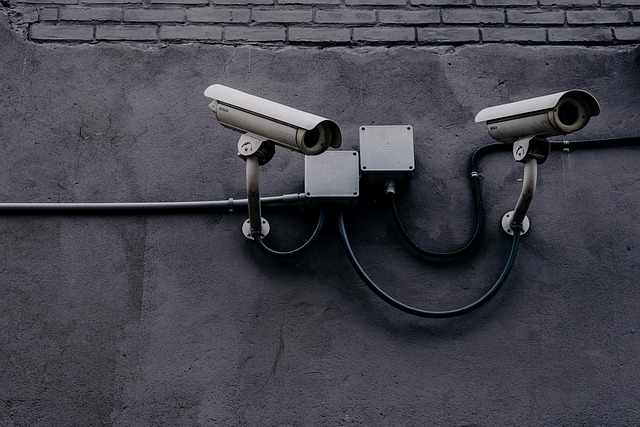The landscape of business is evolving at an unprecedented pace, driven by revolutionary advancements in technology. Among these advancements, eco-conscious robotics is standing out as a beacon of sustainability and efficiency. As organizations grapple with the dual challenge of increasing productivity while minimizing their environmental footprint, the integration of robotics and artificial intelligence (AI) into control technology is proving to be a game-changer.
Robotics has come a long way since its inception. The modern robots we see today are equipped with sophisticated sensors and AI algorithms, enabling them to perform tasks with remarkable accuracy and speed. In contrast to their traditional counterparts, eco-conscious robotics is designed with sustainability in mind. These robots not only perform their functions efficiently but also reduce energy consumption and lower emissions, thereby promoting a greener business model.
For instance, consider a manufacturing facility leveraging eco-conscious robotics to automate its production line. These robots can detect inefficiencies in real-time, adjusting their operations to optimize resource use while maintaining productivity. By reducing waste and utilizing renewable energy sources, businesses are not just cutting costs but are actively contributing to a healthier planet.
Automation in business processes has always aimed to enhance efficiency, but with the rise of eco-conscious robotics, companies are realizing that the path to profitability can also pave the way for sustainability. Automated systems powered by AI can analyze vast amounts of data to forecast demand accurately, thus minimizing overproduction and resource wastage. This synergy between robotics and AI fosters a culture of sustainability within organizations, turning eco-friendliness into a competitive advantage.
Moreover, the integration of eco-conscious robotics extends beyond just manufacturing. In logistics, for example, eco-friendly robots are being employed to optimize delivery routes, thus minimizing fuel consumption. The use of drones and autonomous vehicles not only speeds up the supply chain but also shrinks its carbon footprint. As businesses become increasingly aware of their ecological responsibilities, adopting such technologies becomes a strategic imperative rather than just an option.
Furthermore, as consumers evolve to prioritize sustainability, companies can leverage eco-conscious robotics as a marketing tool. Demonstrating commitment to environmentally friendly practices can enhance brand reputation and customer loyalty. Businesses adopting these technologies find themselves uniquely positioned to appeal to the growing demographic of consumers who prioritize eco-conscious choices.
The workforce is also changing in response to these advancements. With the rise of eco-conscious robotics, new job roles are emerging that focus on managing and programming these sophisticated machines. This shift calls for upskilling and reskilling, as the demand for workers proficient in AI and robotics technology surges. Embracing this change fuels innovation, not just technologically but also within the human capital of organizations.
In conclusion, the fusion of eco-conscious robotics with control technology is reshaping the very essence of business operations today. Companies adopting this harmonious blend of sustainability and efficiency are not just enhancing their operational output but are also playing a crucial role in forging a sustainable future. The journey towards eco-consciousness is no longer just a trend; it’s a transformative movement that every forward-thinking organization should be part of.




